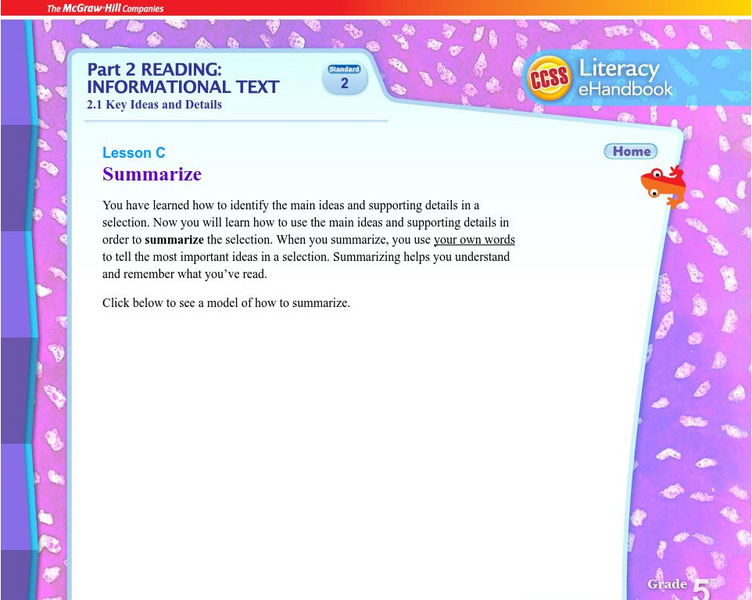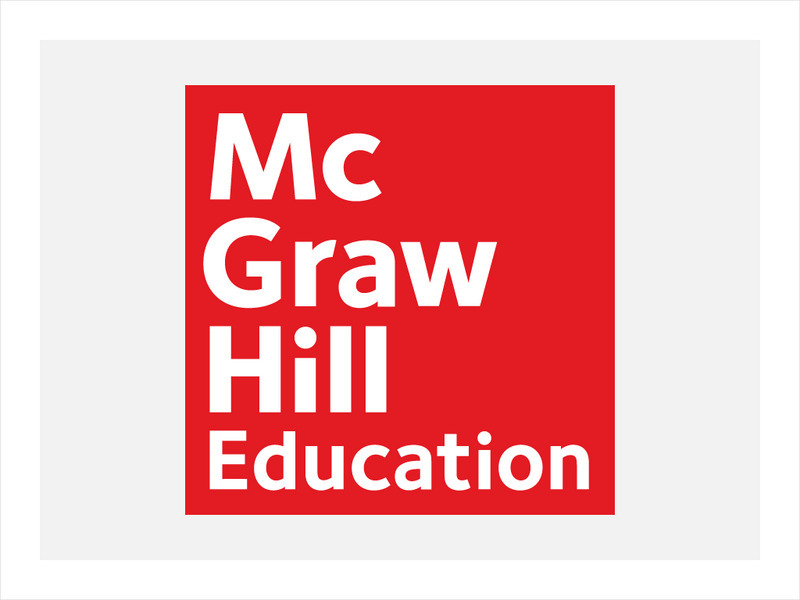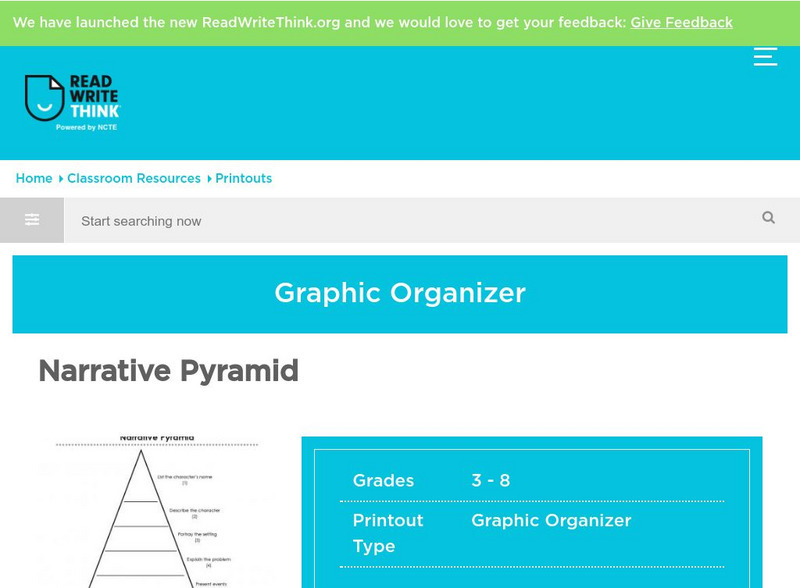Texas Education Agency
Texas Gateway: Compare/contrast Themes and Genres in Literary Texts
Determining the theme is not easy; you have to use the clues the author leaves to figure it out yourself. The author implies information about the story through plot points, setting, and characters. You infer and draw conclusions based...
PBS
Pbs Learning Media: Lorraine Hansberry: "A Raisin in the Sun": Analyzing Theme
In this interactive lesson, discover how literary techniques like setting, characterization, and conflict contribute to the overarching theme of a text. Through analysis of Lorraine Hansberry's iconic play A Raisin in the Sun, explore...
AdLit
Ad lit.org: Classroom Strategies: Power Notes
Power Notes is a strategy that teaches students an efficient form of organizing information from assigned text. This technique provides students a systematic way to look for relationships within material they are reading. Power Notes...
AdLit
Ad lit.org: An Introduction to Analytical Text Structures
Many students are used to writing narratives - stories, description, even poetry, but have little experience with analytical writing. This article is an introduction to six analytical text structures, useful across content areas. See...
E Reading Worksheets
E Reading Worksheets: Summarizing Worksheets and Activities
In this instructional resource, students will learn more about summarizing texts. Worksheets and PowerPoint lessons are provided to reinforce understanding about ways to summarize nonfiction texts and to identify main ideas. This module...
Wisconsin Response to Intervention Center
Wisconsin Rt I Center: Text Dependent Questions [Pdf]
Describes a reading strategy where students must respond to text by supporting their ideas with text-based evidence. Lists different categories of questions the teacher can prepare based on the text chosen, with examples for each.
Curated OER
Mc Graw Hill: Use Details and Examples
Review how to use text evidence, details, examples, and personal experiences to make inferences then read a passage to practice on your own.
Curated OER
Mc Graw Hill: Part 2 Reading: Determine Main Ideas and Supporting Details
See how to pick out the main ideas and supporting details on this site. Click on Model at the bottom right.
Curated OER
Mc Graw Hill: Part 2 Reading: Determine Main Ideas and Supporting Details
See an example of how to determine the main ideas and supporting details of a story.
Curated OER
Mc Graw Hill: Part 2 Reading: Informational Text: Summarize
Learn how to summarize a section of a text with this site.
Curated OER
Mc Graw Hill: Structure Within a Story
Learn why structure is important when organizing a story then read an excerpt from the story "Three over Four" to practice how structure helps to develop the story's theme, setting, and plot.
Polk Brothers Foundation Center for Urban Education at DePaul University
De Paul University: Center for Urban Education: Read to Learn, Share What You Learn [Pdf]
Several tips for reading to learn are provided on this page. Students will explore the BIG idea presented in a nonfiction piece.
Polk Brothers Foundation Center for Urban Education at DePaul University
De Paul University: Center for Urban Education: Classify and Summarize Information [Pdf]
This learning module contains a link to graphic organizers that will help students categorize content and comprehend short and extended texts. The graphic organizers are designed to be applied to reading nonfiction passages in science...
InterLink Language Centers
Interlink Language Centers: Reading Exercises Science
An interactive exercise for students to use while developing an understanding of how to read scientific informational texts. The text is presented one paragraph at a time and difficult vocabulary words are defined as footnotes. Then...
McGraw Hill
Mc Graw Hill:informational Text: Analyze Development of Text Elements:individuals
Read an informational piece, and learn how to analyze the development of individuals in the text. Includes practice exercises.
McGraw Hill
Mc Graw Hill: Informational Text: Analyze Development of Text Elements: Events
Read an informational piece, and learn how to analyze the development of an event in the text.
McGraw Hill
Mc Graw Hill: Informational Text: Determine Central Idea and Supporting Details
To understand a text, you must understand the central idea of the story. Learn how to recognize the central idea and supporting details with this article. Click the links at bottom right.
Other
Frontier Central School District: Determining the Theme of a Literary Work [Pdf]
Guidance and exercises for finding the theme of a literary work, including a list of commonly seen universal themes.
ReadWriteThink
Read Write Think: Narrative Pyramid
A printable narrative pyramid where students can record information about a story including the character, setting, problem, main events, and solution. Directions on how to use this type of graphic organize as well as lists of teaching...
ReadWriteThink
Read Write Think: Get the Gist: A Summarizing Strategy for Any Content Area
A five-part standards-based lesson plan in which students learn to write a 20 word summary of an informational text by focusing on answering the questions who, what, when, where, why, and how. This strategy can be applied to any content...
Quia
Quia: Elements of Literature: Rags to Riches
Answer the 15 questions in this game about literary elements for the prize of fame and fortune. Java is required.
Quia
Quia: Rags to Riches: Literary Elements
Show off your knowledge of literary elements by playing this game. Just answer 15 questions correctly, and be the big winner.
Other
Writing & Reading Success Center: Summarizing Paragraphs [Pdf]
An explanation and example of summarizing a paragraph, especially helpful for taking notes on texts.
Vocabulary University
My vocabulary.com: List of Themes for English Language Arts
This is a list of themed puzzles for English Language Arts. Click on a theme or puzzle that will take you to an interactive activity. All content is printable without a charge. NOTE: Each theme has a corresponding vocabulary word list...








![De Paul University: Center for Urban Education: Classify and Summarize Information [Pdf] Unit Plan De Paul University: Center for Urban Education: Classify and Summarize Information [Pdf] Unit Plan](https://content.lessonplanet.com/knovation/original/78057-7ba90e0b8b82fde8e26d306a4af31f79.jpg?1661787062)








